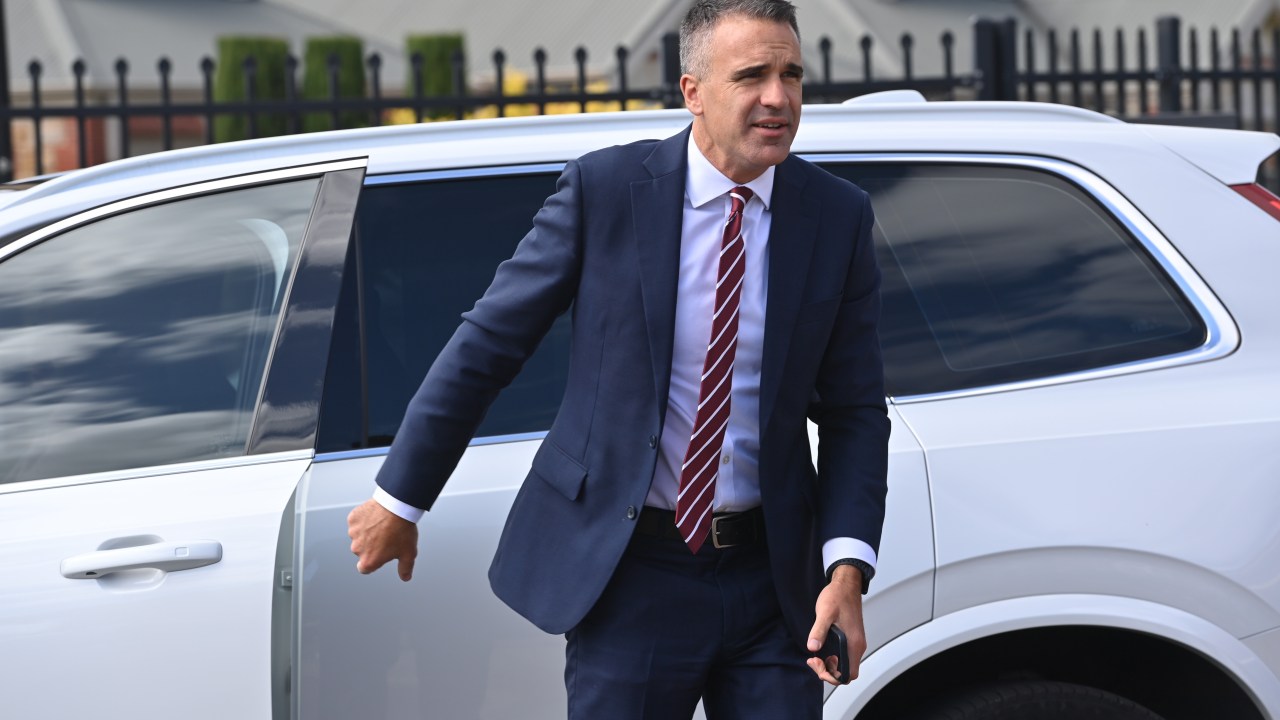Premier Peter Malinauskas says South Australia is positioning itself at the forefront of global copper and uranium demand, while also actively reshaping its economic landscape to become a magnet for private investment and industrial innovation.
Speaking on Business Now, the Premier identified copper as one of the most critical minerals of the future and declared that the state is preparing to capitalise on a global supply shortfall.
“Seventy per cent is the figure that we expect copper demand to grow over the course of the next 25 years and even if all of the copper mining projects globally were to reach FID, we still don’t get to that number,” he said.
“So Olympic Dam has a major opportunity before it, provided we can make sure that the economics stack up and certainly my government’s working closely with BHP in that regard.”
Malinauskas acknowledged the risks posed by global economic disruption and protectionist policies – including recent US tariff moves – but remained confident that South Australia’s approach will unlock long-term opportunities.
“Having said all that, we don’t believe it represents a major material risk to this expansion simply because BHP, in conjunction with my government, are actively exploring it on the basis of massive growth in demand of copper globally but also uranium as the world continues to produce more nuclear power which is an important resource as well at Olympic Dam.”
Central to the copper and uranium play is government-backed infrastructure investment.
The Premier highlighted the strategic importance of a proposed desalination plant and water pipeline, which could benefit Olympic Dam and unlock broader economic potential across the region.
“We can’t take a hands-off attitude, and we’re very conscious of the fact that the provision of water to Olympic Dam is absolutely critical to unlock this opportunity,” he said.
“There might be other opportunities that emerge as a result of a desal plant and a pipeline of the nature that we’re working on.”
In an environment of fierce global competition for capital, Malinauskas emphasised the role of fast approvals, low taxation, and regulatory stability in making South Australia a standout destination for investment.
“To the extent that the approvals are reliant upon state government, and there are a lot of them that are, we have established an expedited process. We’re working really hard in South Australia, not just in respect of the speed of approvals, but making sure that our taxing regime is low and it is the lowest in the country,” he said.
“The Business Council of Australia have listed South Australia as the number one jurisdiction in the nation to do business and we’ve worked hard to achieve that.”
But the Premier’s ambitions stretch beyond mining and minerals. As part of a broader strategy to reboot South Australia’s industrial base, the Whyalla steelworks – long viewed as an economic challenge – is receiving renewed focus, with a combined $275 million injection from state and federal governments.
“That’s the challenge before us, and I don’t think it’s going to be an easy task. But the opportunity is before us by virtue of where the steel works is located.”
Malinauskas said the combination of magnetite ore, gas reserves, and port access created a compelling case for sustainable steelmaking.
“MacIntyre lends itself to a decarbonised version of steel making, which may make it, or even green iron, which of course is an export industry that a number of steel producing countries would be very interested in.
“We see that a decarbonisation path requires an increase in supply of natural gas at an economic price. I think that is a unique opportunity if we can get the right owner of the steel works.”
With four consecutive budget surpluses under his belt, Malinauskas also pointed to South Australia’s financial stewardship as a foundation for economic expansion.
“We’ve just recently delivered our fourth budget, and it contains our fourth surplus. What we’ve been able to do is grow our state’s economy at a pace that we were not really accustomed to in the past. And that growth has negated our need to actually make changes to the tax base,” he admitted.
The Premier also called for a national rethink on research and development, warning that without investment in intellectual property and innovation, Australia risks falling behind globally.
“Our R&D base in Australia is very low in comparison to other OECD countries,” he said.
“In order to move up the value chain and become increasingly competitive, we need to be deploying technologies and intellectual property that we generate here in Australia.”

